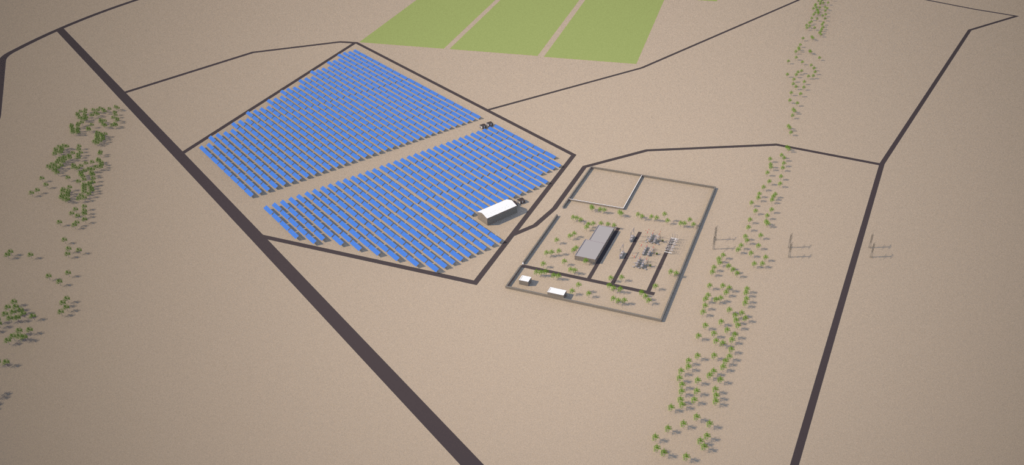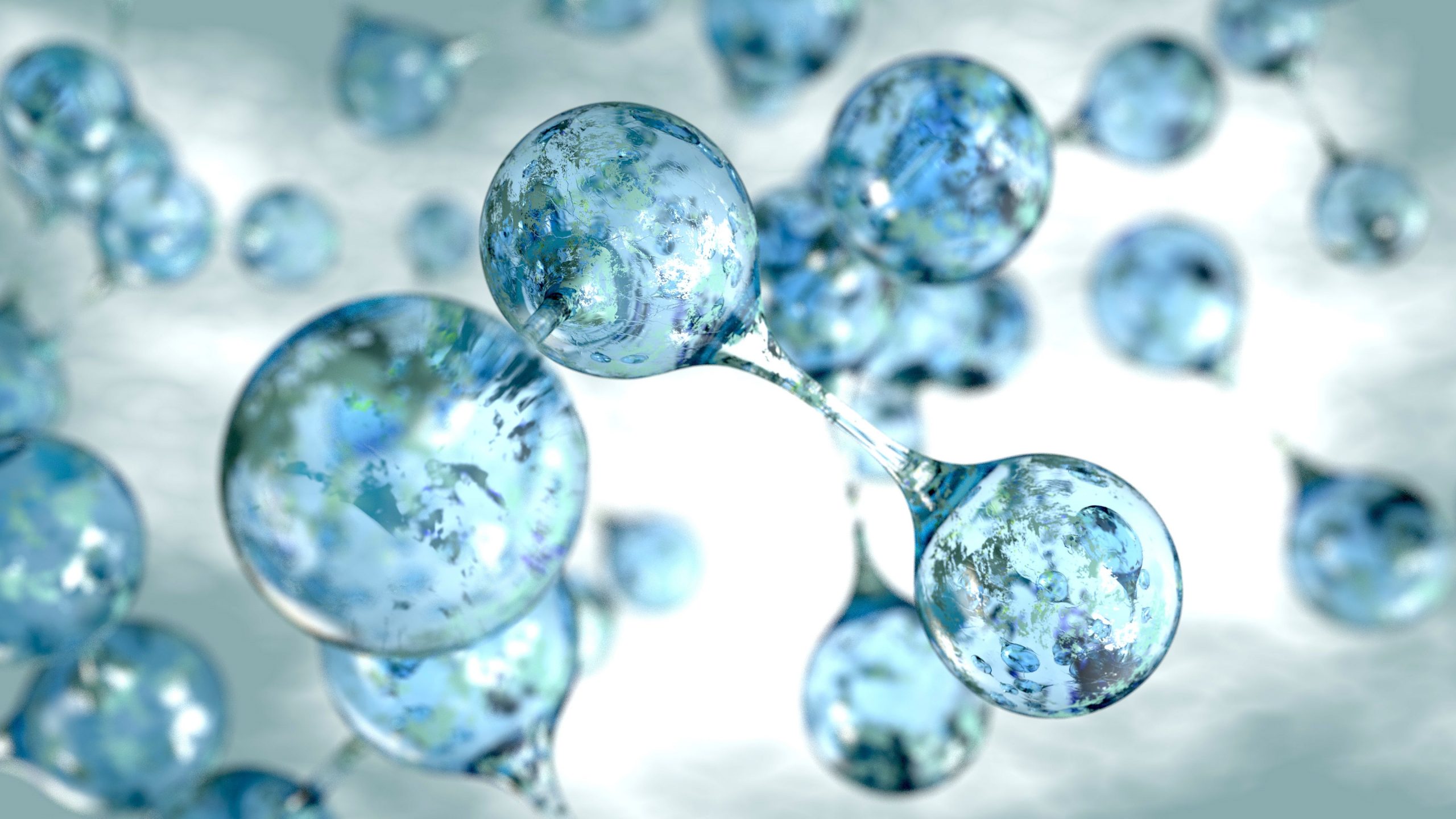Preview
Tunisia has significant potential for the large-scale deployment of renewable energy and green hydrogen projects to ensure its energy security and to stimulate industrial development thus contributing to job creation and economic growth. In turn, Europe has set extremely high targets for the importation of green hydrogen to achieve its decarbonization and energy security objectives and is forecasting to import 10m tonnes of green hydrogen by 2030.
Tunisia is perfectly positioned to play a key role in the Green Hydrogen market for both domestic consumption and for export. Given Tunisia’s exceptional solar and wind resources will be a very low-cost producer and its geographical position means it can directly export to the high demand centres of Europe through existing infrastructure.
This presents a large opportunity for Tunisia to be a major producer of green energy for its own needs and for export. The country can also become a green hydrogen supplier, generating revenue and export opportunities while also contributing to the development of a sustainable energy system.
TGH has developed a long-term strategy to develop green hydrogen and it derivatives in Tunisia for local consumption and for export. The strategy relies on two pillars:
Green Ammonia & methanol Production: Within this pillar, projects will be established to integrate renewable energy plants, electrolyzers, and ammonia or methanol production units. The primary objective is to meet the present and future demands for ammonia and methanol in the local market as well as the international market. By combining renewable energy sources with efficient electrolysis processes and ammonia / methanol production, TGH aims to satisfy the growing requirements in an environmentally sustainable manner.
Green Hydrogen Production: The strategy leverages Tunisia’s existing infrastructure and strategic location between Tunisia and Europe. This enables the projects to capitalize on the existing infrastructure, facilitating the export of green hydrogen to European markets. TGH seeks to position itself as a reliable supplier of green hydrogen to meet the increasing demand in Europe and Tunisia.
Such projects will provide a blueprint for large scale green hydrogen and ammonia projects in Tunisia, and will enable large expansion of new capacities for the local market and for export.
The projects are being co-developed and financed by TGH in consortium with leading international companies covering the full value chain. The partners combine deep experience in project development, financing, construction, and operation in Tunisia and globally, across multiple technologies.
Finally, to advance Green Hydrogen development in Tunisia, Tunur is a Supporting Partner of the “SoutH2 Corridor”, a 3,300 km hydrogen pipeline connecting North Africa, Italy, Austria, and Germany. The corridor aims to supply competitive renewable hydrogen to European demand clusters. The Corridor is being promoted by the main European Transmission System Operators including Snam, Italy’s gas infrastructure operator, Trans Austria Gasleitung (TAG) and Gas Connect Austria (GCA) in Austria and bayernets in Germany and has trilateral political endorsement, as well as strong support from companies involved in production (c. 2.5 Mtpa) and offtake of hydrogen along the whole corridor.


Key impacts
- Increase renewable energy project development in Tunisia and prevent against the further desertification of the Sahara.
- Boost economic development across Southern Tunisia using local services, workforce and industries where possible.
- Further energy security of Tunisia by providing a major new source of reliable low carbon energy covering growing energy demand.
- Create multi-skilled employment and increase trade between public and private sectors.


